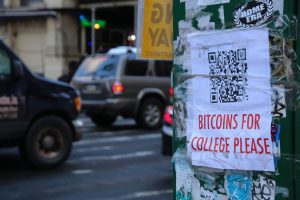Our Student Blogger This Month
 Our Student Blogger for the month of October is Yamilett Lopez. Yamilett is a 3L at Marquette University Law School and President of the Organization for Student Wellbeing. During her three years at Marquette Law School, Yamilett has been involved in a wide range of activities and organizations, including serving as a tour guide, being Comment Editor for the Marquette Law Review, and volunteering her time at the Marquette Volunteer Legal Clinic. Prior to law school, Yamilett graduated summa cum laude from Marquette University in 2017 and received a Bachelor of Arts in political science with a minor in marketing.
Our Student Blogger for the month of October is Yamilett Lopez. Yamilett is a 3L at Marquette University Law School and President of the Organization for Student Wellbeing. During her three years at Marquette Law School, Yamilett has been involved in a wide range of activities and organizations, including serving as a tour guide, being Comment Editor for the Marquette Law Review, and volunteering her time at the Marquette Volunteer Legal Clinic. Prior to law school, Yamilett graduated summa cum laude from Marquette University in 2017 and received a Bachelor of Arts in political science with a minor in marketing.
Yamilett’s first post is on the way!

